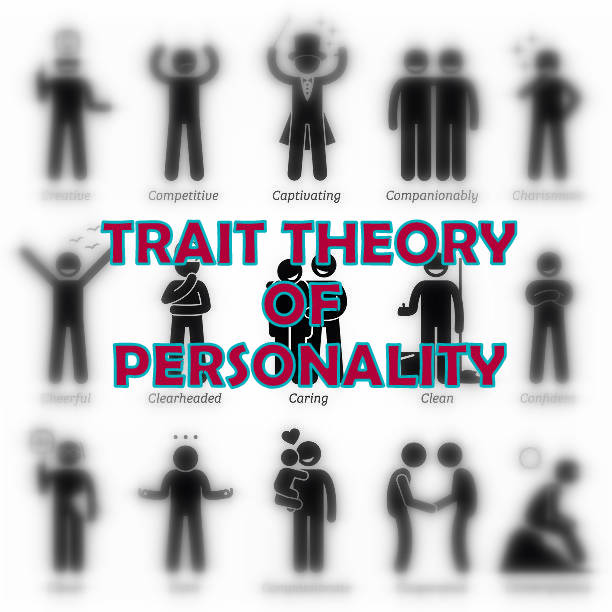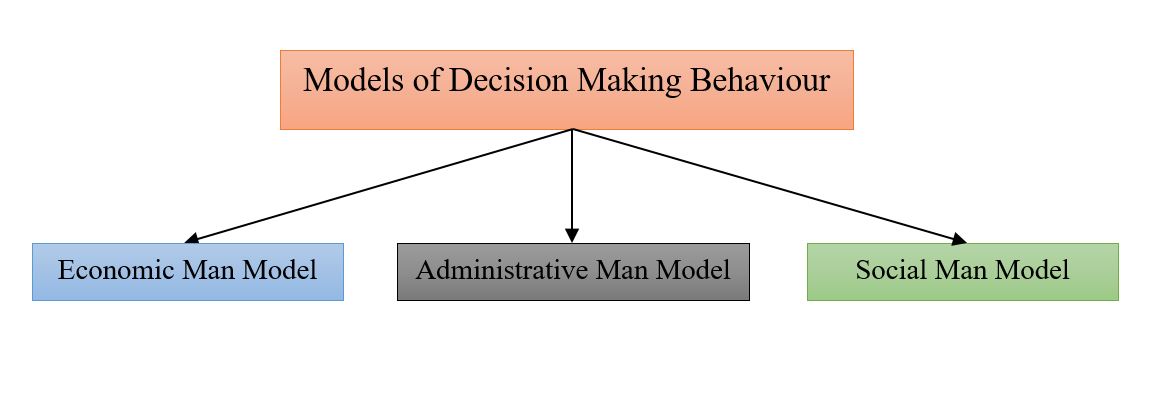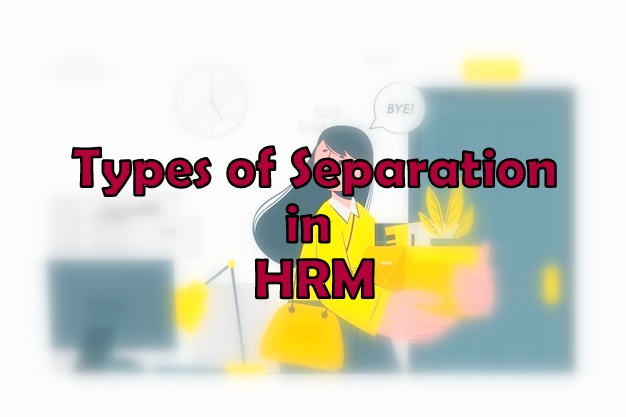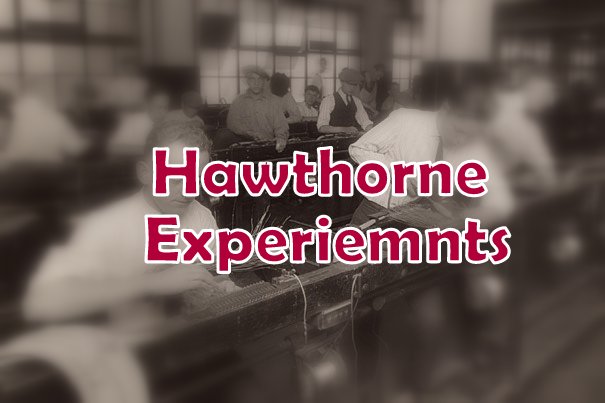Trait theory Assumptions, Important Trait Theories, Strengths and Weaknesses Trait theory presents a quantitative approach to the study of personality. It visualizes personality as reflection of certain traits of the individual. This theory postulates that an individual’s personality is composed of definite pre-dispositional attributes called traits. A trait may be defined as any distinguishable, relatively […]
Category: UGC NET
Common Difficulties in Decision Making/ Problems in Decision Making
Common difficulties in decision making/Problems in Decision Making Some common difficulties in decision making and implementing them are as follows: i. Incomplete information This is a major problem for every manager. Lack of information leaves a manager adrift in a sea of uncertainty. Not only this, most decisions involve too many complex variables for one […]
Models of Decision Making Behavior- Rationality in Decision Making
Models of Decision Making Behavior Rationality in Decision Making The question of rationality has long engaged the attention of decision theorist. Some of them hold the view that a manager is completely rational in his decisions. Some say that he is completely irrational. Still other say that he exercises limited rationality. These three types of […]
Collective bargaining- Meaning, Definitions, Collective Bargaining in India
Collective bargaining Topics Covered: Meaning of Collective Bargaining Definitions Objectives Nature Features Importance Functions Principles Types Process Collective Bargaining in India Recent Trends and Emerging Issues Pre-requisites of Successful Collective Bargaining Meaning of Collective Bargaining Collective bargaining relates to group bargaining as opposed to individual bargaining about wages and salaries and conditions of work […]
The Employee’s Provident Fund and Miscellaneous Provisions Act, 1952
The Employees’ Provident Fund and Miscellaneous Provisions Act, 1952 Introduction It was in 1952 that the Provident Funds Act was enacted to provide for the institution of compulsory provident fund for the employees working in factories and other establishments. The Act was amended in 1971 to provide for family pension and life insurance benefits […]
The Payment of Gratuity Act, 1972 – UGC NET Paper 2 Code 55 Notes
The Payment of Gratuity Act, 1972 UGC NET Paper 2 Code 55 Study Material Labour Laws Study Material Introduction “Gratuity” is a retiral benefit which is paid by an employer to an employee in consideration of his past services at the time of his retirement or after his death. In the case of employment coming […]
Staffing – Meaning, Definitions, Need, Factors, Process
Staffing Meaning, Definitions, Characteristics, Need, Factors, Process Staffing is the process of acquiring, developing, employing, appraising, remunerating and retaining people so that right type of people are available at right positions and at right time in the organization. Staffing is a very important function of management. No organization can be successful unless it can fill […]
Types of Separation in HRM- Resignation, Retirement, Layoff, Retrenchment
Types of Separation in HRM Resignation It is a voluntary separation initiated by the employee himself. An employee may resign on grounds of ill-health, marriage, pregnancy, better opportunities in other organization etc. Retirement This is the common form of separation of employees form the organization. There are three kinds of Retirement: i. Compulsory Retirement […]
Bureaucracy – Meaning, Features, Advantages and Problems
Bureaucracy Meaning, Features, Advantages and Problems A bureaucracy is an administrative or social system that relies on a set of rules and procedures, separation of functions and a hierarchical structure in implementing controls over an organization, government or social system. Large administrative staffs are most common in large organizations that need standardized rules and procedures […]
Hawthorne Experiments – Illumination Experiments, Mass Interviewing …
Hawthorne Experiments The Hawthorne plant of the General Electric Company, Chicago was manufacturing telephone system bell. It employed about 30,000 employees at the time of experiments. There was dissatisfaction among the workers and productivity was not upto the mark. In order to find out the real cause behind this, a team was constituted led […]










